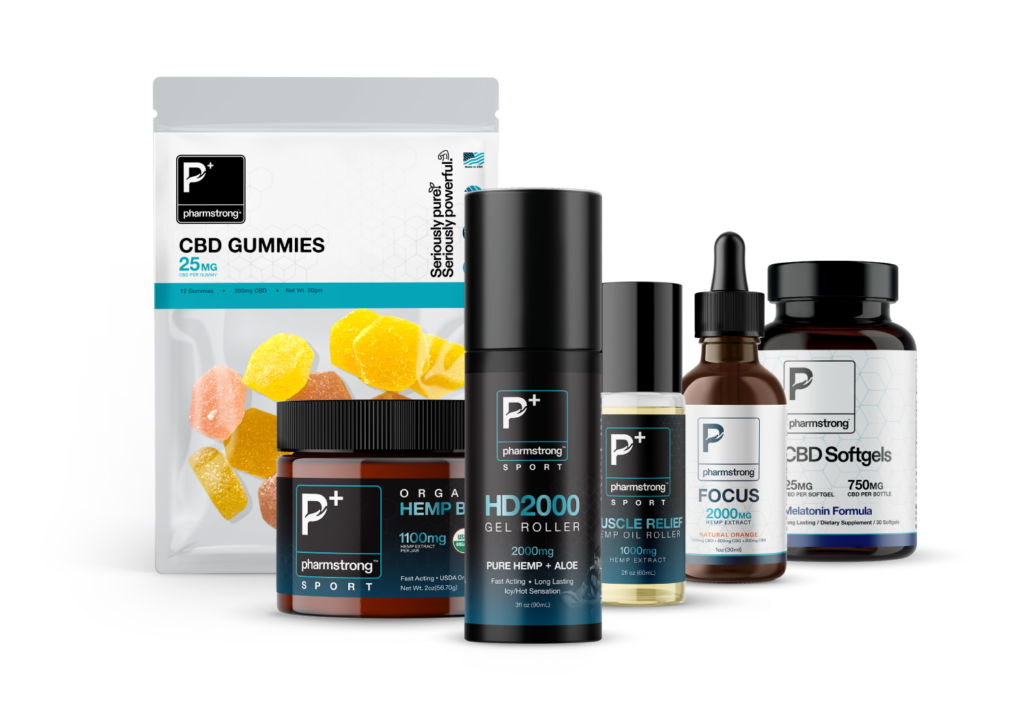
If you’re curious about the duration of cannabidiol (CBD) effects and how long CBD stays in your system, you’re not alone. Whether you’re a seasoned CBD enthusiast or considering trying it for the first time, understanding the effects of CBD and how long they linger in your body is crucial. In this article, we’ll delve into the factors that influence the longevity of CBD in your system, including dosage, frequency of use, metabolism, and body composition.
Cannabidiol (CBD), a compound derived from the cannabis plant, has captured the attention of the wellness industry and consumers worldwide due to its potential health benefits without the psychoactive effects associated with marijuana. The discovery of CBD dates back to the 20th century, but it’s only in recent years that its therapeutic potential has been explored, thanks to changing legal landscapes and societal acceptance. As countries around the globe adjust their laws regarding cannabis and its derivatives, the availability and interest in CBD products for therapeutic and wellness purposes have surged. This evolving legal status has not only made CBD more accessible to the public but also opened new avenues for research into its health benefits and mechanisms of action.
To comprehend how long cannabidiol stays in the body, it’s vital to understand its mechanism of action. Upon consumption, cannabidiol enters your bloodstream and engages with endocannabinoid receptors, particularly CB1 and CB2 receptors, within the endocannabinoid system.
CB1 receptors are primarily located in the central nervous system, while CB2 receptors are found mostly in the immune system and peripheral tissues. Cannabidiol’s binding to these receptors can influence the release of neurotransmitters, thereby modulating a variety of physiological processes.
Cannabidiol interacts with the body’s endocannabinoid system, a sophisticated network of receptors involved in regulating various physiological processes. This interaction is thought to be responsible for CBD’s potential therapeutic effects, which include reducing stress, alleviating body aches, and promoting relaxation, while also considering the cbd side effects.
The endocannabinoid system, which was discovered this century, is currently being explored by the scientific community. It is a complex cell-signaling system identified in the early 1990s by researchers exploring THC, a well-known cannabinoid. Cannabinoids are compounds found in cannabis. When the same type of cannabinoids are naturally produced in the body they are called endocannabinoids. The ECS is crucial for maintaining internal balance and health, and cannabidiol is one of the many cannabinoids that interact with this system.
The ECS, which includes endocannabinoids (molecules produced by the body), cannabinoid receptors (CB1 and CB2), and enzymes for synthesizing and degrading endocannabinoids, is influenced by cannabidiol (CBD). Unlike THC, which directly binds to cannabinoid receptors, CBD interacts with the ECS by indirectly influencing the receptors and enhancing the body’s natural production of endocannabinoids, potentially stabilizing the internal environment.
The impact of cannabidiol (CBD) can differ widely due to individual variations in metabolism, bioavailability, and receptor sensitivity. These personal differences are pivotal in determining the length of time CBD remains active in your system, as well as any potential cbd side effects.
Cannabidiol, or CBD, can stay in your system for varying lengths of time depending on several factors. These include the CBD dosage, frequency of use, individual metabolism, and the method of consumption.

It’s important to note that these are general estimates and individual experiences with cannabidiol may vary. If you have specific concerns about CBD’s presence in your system, consulting with a healthcare professional for personalized guidance regarding CBD is advisable.
The duration cannabidiol (CBD) remains active and detectable in the body varies significantly among individuals, influenced by factors such as metabolism, body composition, and lifestyle. Metabolic rate, which can be affected by age, genetics, and activity level, determines how quickly CBD is processed and eliminated. Additionally, since CBD is fat-soluble, individuals with a higher body fat percentage may find that CBD stays in their system longer, as it can be stored in fat cells. Lifestyle choices, including diet and exercise, can also impact how the body metabolizes CBD, making its effects more or less pronounced.
Understanding cannabidiol’s (CBD’s) pharmacokinetics—how it’s absorbed, distributed, metabolized, and excreted—is key to grasping how long it stays in the system. CBD’s bioavailability, or the proportion that enters the bloodstream to have an active effect, varies with the method of consumption. For instance, inhalation offers rapid absorption but a shorter duration of effect, while oral ingestion results in slower onset but longer-lasting presence in the body. These dynamics are crucial for users to consider when choosing their preferred method of CBD consumption based on their needs and lifestyle.
Cannabidiol (CBD) can be introduced into the body in several ways, each affecting how quickly it enters the bloodstream and begins to take effect.
When CBD is ingested, either through edibles or capsules, it passes through the digestive system and is metabolized by the liver before entering the bloodstream. This process is slower, and it can take anywhere from 30 minutes to 2 hours for effects to be felt. The bioavailability (the proportion which enters the circulation when introduced into the body) of CBD in this form is lower because it’s partially broken down by the liver and digestive tract.
Placing CBD oil under the tongue (sublingually) allows it to be absorbed directly into the bloodstream through the mucous membranes in the mouth. This method bypasses the digestive system and liver, leading to quicker and more efficient absorption. Effects can be felt within 15 to 45 minutes.
CBD can also be applied directly to the skin through creams, lotions, or balms. In this form, CBD interacts with cannabinoid receptors in the skin without entering the bloodstream. This method is ideal for localized pain or inflammation but doesn’t have systemic effects.
Consuming CBD with foods high in fatty acids can enhance its bioavailability, leading to more efficient absorption. Understanding one’s own body and the factors influencing CBD metabolism can help users tailor their CBD use to their individual needs and wellness goals.
A multitude of factors, including metabolism, can influence how cannabidiol is processed in the body, which in turn affects its duration in your system. Here are some key factors to consider:
The half-life of cannabidiol, which is the time it takes for the concentration of CBD in the body to reduce by half, can vary greatly depending on several factors. On average, the half-life of cannabidiol is estimated to be between 18-32 hours.
However, it’s important to note that the detectability of cannabidiol in the body can persist even after its effects have subsided. Various factors, including the sensitivity of drug tests and the cutoff concentration for detection, can influence how long cannabidiol is detectable.
If you’re looking to expedite the elimination of cannabidiol from your system, here are a few tips:
The intricacies of drug testing for cannabinoids, such as cannabidiol and marijuana, often raise concerns among CBD users, particularly regarding the possibility of testing positive for THC. While most standard drug tests target THC, not CBD, the presence of trace amounts of THC in some CBD products could potentially lead to a positive test result. This underscores the importance of choosing high-quality, lab-tested CBD products that clearly state their THC content. Legal considerations also play a significant role, as the allowable limit for THC concentration in CBD products varies by jurisdiction, affecting both the legality of CBD use and the risk of positive drug tests.
Understanding how long cannabidiol (CBD) stays in your system is crucial for making informed decisions about your CBD usage. Factors such as dosage, frequency of use, metabolism, and body composition all play a role in determining the duration of CBD’s stay.
While the half-life of cannabidiol (CBD) may range from 18-32 hours, it can take several days for it to be fully eliminated from your system. The form of CBD consumed and the method of administration significantly influence its duration in the system.
If you have concerns about cannabidiol (CBD) showing up in a drug test, it’s important to be aware of the specific detection methods employed. Following the tips for faster elimination of CBD from the system can help expedite the process if necessary.
Remember, everyone’s body is unique, and individual responses to cannabidiol (CBD) usage can vary. It’s always recommended to consult with a healthcare professional for personalized advice regarding CBD and its potential effects on your body.
As CEO of Pharmstrong, I’m proud to lead a team dedicated to excellence in the CBD industry since its inception in 2018. Our USDA Organic CBD has helped thousands feel healthier and happier. Whether managing stress, improving sleep, staying active, or enhancing your overall health, we’ve got you covered. Explore more at Pharmstrong; we’re here for you every step of the way.
Melissa Dugan

Go to your account page and check under My Points to view your reward points.
Earn points by spending! Each time you place an order you earn points, which can be used on future orders!